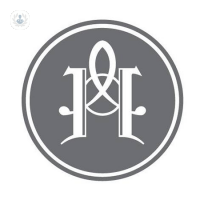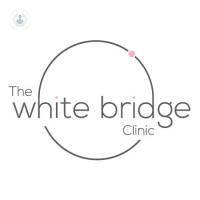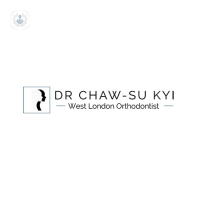Damon braces
What are Damon braces?
Damon braces (also referred to as the “Damon system”) are self-ligating braces, which means that the brackets have a component that closes around the wire, rather than being secured with elastic ligatures as with conventional braces.
It is claimed that the reduced friction due to the lack of ligatures means that the teeth can slide more freely and that this leads to a much reduced treatment time. However, several trials have been conducted, and results have typically not noted any particular difference in treatment time between conventional brackets and self-ligating ones.

Why get Damon braces?
As with all braces, Damon braces are used to align teeth and give the patient a more aesthetically pleasing smile, as well as solving any problems caused by the patient’s misaligned bite.
Damon braces are purported to have several advantages, chiefly that they are faster at aligning teeth than standard braces (although this is debated). They are also said to be easier to clean than normal braces, making it easier to maintain good oral hygiene, and are a little less noticeable, which may make them a better choice aesthetically.
Futhermore, they often provide greater comfort than traditional braces because they apply less pressure and create less friction, which can lead to fewer adjustments and less discomfort during the course of treatment.
Preparation for Damon braces
No specific preparation is required to undergo orthodontics with the Damon system. The dentist will conduct a thorough examination before recommending braces, and will perform any necessary tests.
Taking care of Damon braces
Once the Damon braces are in place, care is typical of any orthodontics: maintain good oral hygiene. It is important to note that you should be prepared to make dietary adjustments after the Damon braces are inserted. You may need to avoid certain foods that are hard, sticky, or sugary, as they can damage braces.
You must also attend regular check-ups with the orthodontist, reporting any problems may have occurred. Visits to the dentist with the Damon system tend to be more spaced out than with traditional braces, since the brackets do not require tightening.










